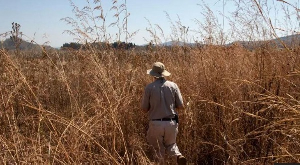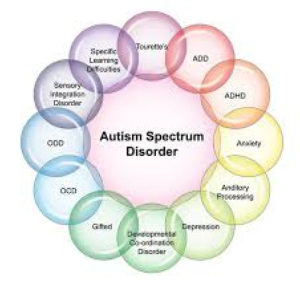Ghana received a total of 1.4 million dollars from the export of pythons last year. Out of the amount, over 31,000 dollars was realized from 6,000 adult pythons collected from the bush and 1.4 million from 28,000 baby pythons from various ranches.
In an interview in Accra, Mr. Brian Basuglo, Senior Wildlife Protection Officer, said the country is always close to its export quota, which is 7,000 for adult and 28,583 for baby pythons. He said the Wildlife Department issues licenses to 21 exporters to collect a quota of 3,000 pregnant pythons from the bush. They are returned to the wild after they have laid eggs.
"A total of 10 per cent of the babies hatched are also returned to the wild by exporters who are mainly based in Accra." Mr. Basuglo advised farmers not to kill pythons since "they are not harmful and help control farm pests."
In another interview, Mr. Ernest Lamptey, a Principal Wildlife Officer, urged farmers to enter into butterfly farming since "it is very lucrative and environmentally friendly." He said farmers in Asia and South Africa are making a lot of money out of it. He said that the department is ready to introduce prospective butterfly farmers to the appropriate technology. On group hunting, he said, law prohibits it and appealed to district assemblies to enforce their byelaws on the practice.
Group hunting is thriving in many areas despite the law and in Accra, truckloads of youth with dogs are seen departing or arriving from expeditions at weekends with their catch, which are readily purchased by the public.
General News of Thursday, 20 April 2000
Source: ?












